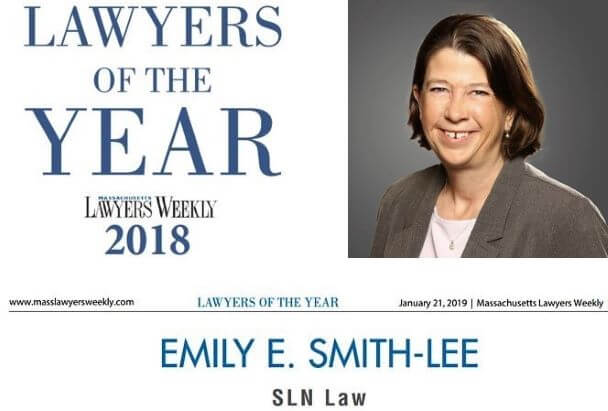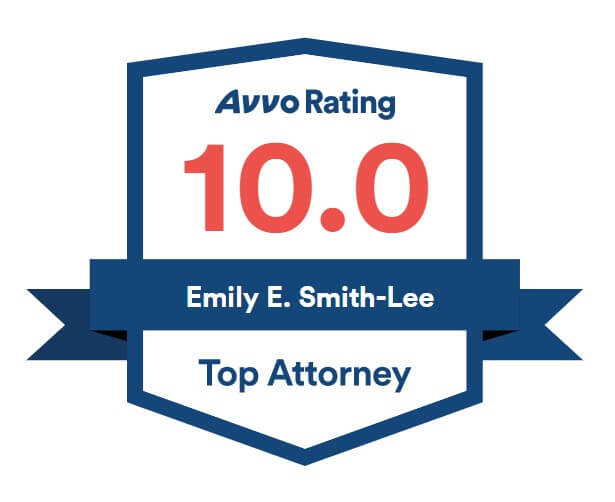When Do I Have to Appear in Court in a Civil Lawsuit?
When You Do and Do Not Have to Personally Appear in a Civil CaseWhen served with a summons and complaint, many people wonder if they have to appear in court on the listed date. The answer is usually no.
Unless the plaintiff has filed something called a Motion for Preliminary Injunction, the answer date is just the date that your attorney must file an answer. An answer is simply a legal document that admits or denies the factual assertions in the complaint, and lists the legal defenses you are claiming. If you have counterclaims (legal claims you have against the person or business bringing the suit), they will be included in this document. Also, if you have grounds to move to dismiss the complaint, this is the date on which your attorneys will have to file that motion. In most cases, the vast majority of the case proceeds without the parties themselves having to appear in court. You will likely have to appear somewhere for a deposition during discovery, but your only court appearance may be at the trial itself, if the case does not settle before then. Learn more here about what to expect as a defendant in a civil lawsuit. |
We're Here to Help.OR
|
Questions About a Civil Lawsuit?
Our Solutions Roadmap is a quick and easy way to share the details of what you are facing and receive preliminary feedback from a member of our team. Use the button below to get started- it is 100% confidential and 100% free.
Meet Our Trial Attorneys

Emily Smith-Lee is the owner and founder of slnlaw. She is a 1996 graduate of Boston College Law School. She was previously a partner at the Boston office of a large international firm, where she worked for thirteen years, with a focus on complex business litigation. In 2009, she started the firm that became slnlaw. She has been recognized as Massachusetts Superlawyer each year since 2013, and in 2018 earned recognition as one of Massachusetts Lawyers Weekly's Lawyers of the Year for a precedent-setting victory at the Massachusetts Supreme Judicial Court. She has written a book on employment law: Rules of the Road, What You Need to Know About Employment Laws in Massachusetts, and helped thousands of clients with business and employment disputes. Emily has handled cases at every level of the state system, in the federal trial court, and before the First Circuit Court of Appeals.

Elijah Bresley: Eli is a 2014 graduate of Seton Hall Law school, and has worked with slnlaw since 2020. He previously worked for a boutique employment law firm outside of Boston, and then for the Labor and Employment department of a large Boston firm. He also spent a year clerking for the judges of the Superior Court in Hartford, Connecticut. Eli has successfully defended numerous employers in the MCAD, and litigated other business and employment disputes throughout the state court system and in the federal trial court.

Sharleen Tinnin: Sharleen is a 2010 graduate of Northeastern University School of Law, and has been with slnlaw since 2023. Prior to joining slnlaw, she worked with King, Tilden, McEttrick & Brink, P.C. on complex civil litigation matters. She previously worked for the United States Department of Justice, and received an "Excellence in Justice" award in 2017. Sharleen has litigated both plaintiff and defendant cases in the state court system, MCAD, and the federal trial court.
|
Emily Smith-Lee Rated by Super Lawyers loading ... |


